05 April 2022 — NUS Computing Provost’s Chair Professor Abhik Roychoudhury has won the IEEE Technical Committee of Software Engineering’s New Directions Award for 2022.
The award was given to both NUS Computing Prof Roychoudhury and Professor Cristian Cadar from the Department of Computing at Imperial College London, in recognition of their contributions to symbolic execution for test generation and program repair.
The New Directions Award is presented annually to an individual or team who have made substantial contributions to software engineering research or practice, with these contributions moving the field in a new direction. The contributions made must be adopted by many other researchers and other organisations, and result in advancement in the state-of-the-art research and practice. In addition, the contribution by the award recipients must also be measurably superior to existing works and positively influences existing practice.
Profs Roychoudhury and Cadar’s research work in software engineering has focused on software testing and analysis, in particular innovative symbolic program analysis to make testing, debugging, and the repair of software programs more rigorous.
Their work provides a new direction in symbolic program analysis by proposing a new outlook on symbolic execution for patch testing and software program repair. This significantly impacts the way software is being developed and maintained.
In his works, Prof Roychoudhury aims to figure out the human intention behind a buggy program and then rectify it automatically. The human intention is gleaned via symbolic or formal reasoning of informal program artifacts, such as tests.
He added that one challenge is in making such rigorous reasoning effective and scalable, so that the techniques can transition to actual practice.
“I am honoured to win this award in recognition of the decade-long research in program repair that my research team at NUS Computing has conducted,” said Prof Roychoudhury.
Prof Roychoudhury’s future research plans include embarking on a new research programme that will run till 2027. This was after he was recently awarded the Ministry of Education’s Academic Research Funding Tier 3 grant of approximately S$7.1 million.
The grant enables him to further his research on Automated Program Repair (APR), an area that focuses on techniques to automatically fix errors or vulnerabilities in programs. Through this, Prof Roychoudhury hopes to develop technologies to repair security vulnerabilities speedily, and reduce exposure of software systems to vulnerabilities. He also intends to use his research on APR to further programming education.
“We are also developing an intelligent tutoring system for a course on Foundations of Software Engineering, which is currently offered to third-year NUS Computing students,” added Prof Roychoudhury. The tutoring system is developed based on the learning needs and requirements for freshmen, and there are plans for it to be deployed in programming courses for incoming freshmen in the coming years.
The New Direction Award will be presented to Profs Roychoudhury and Cadar at an in-person official award ceremony at the International Conference on Software Engineering (ICSE) 2022 in late May this year, in Pittsburgh, USA.

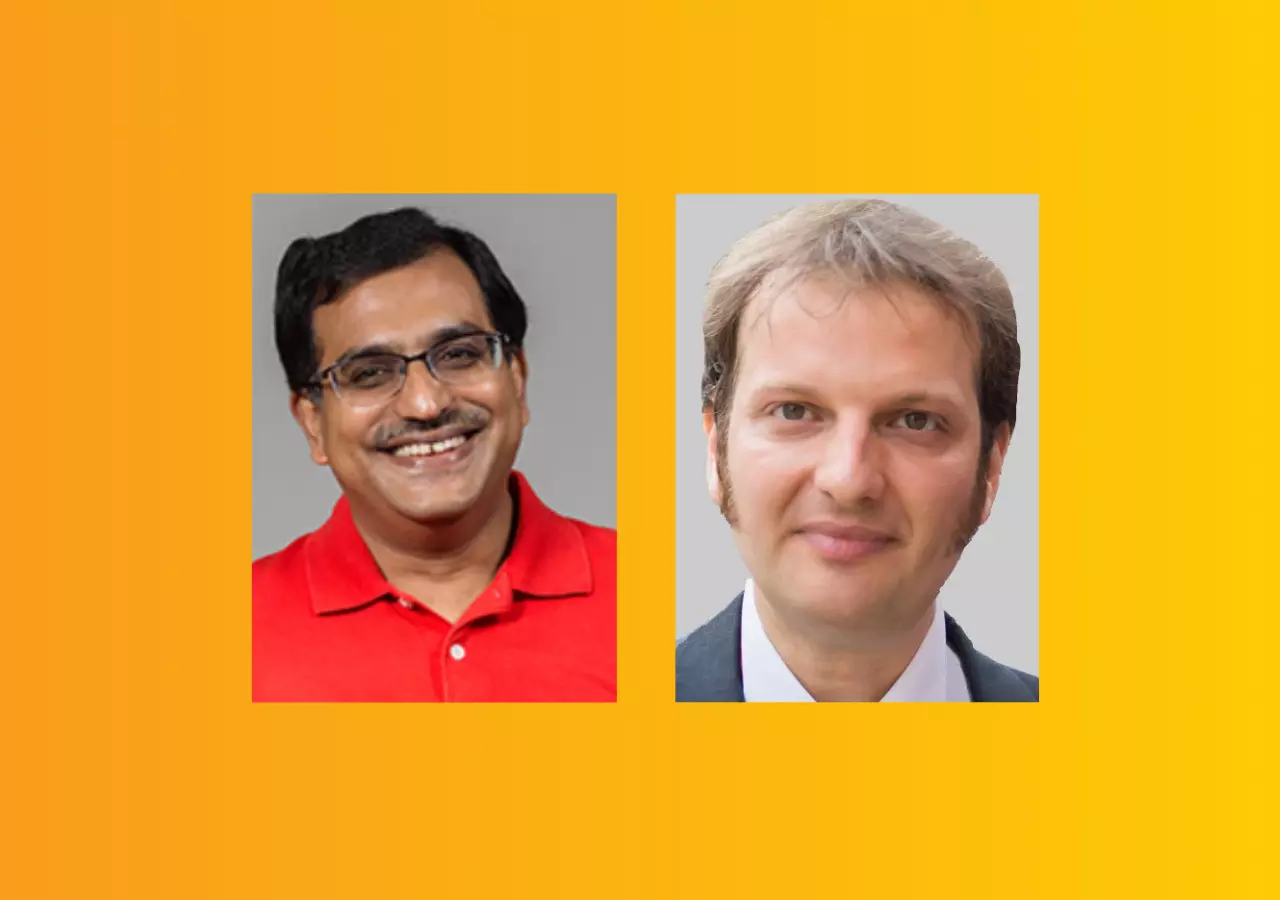
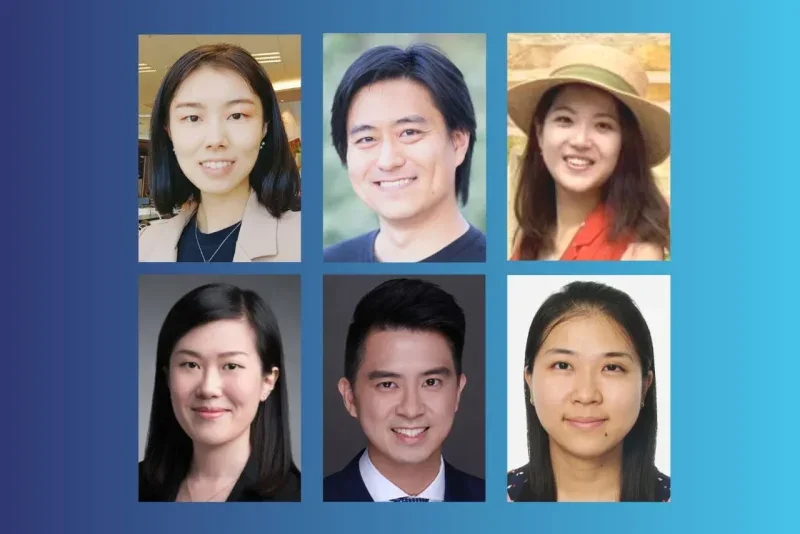
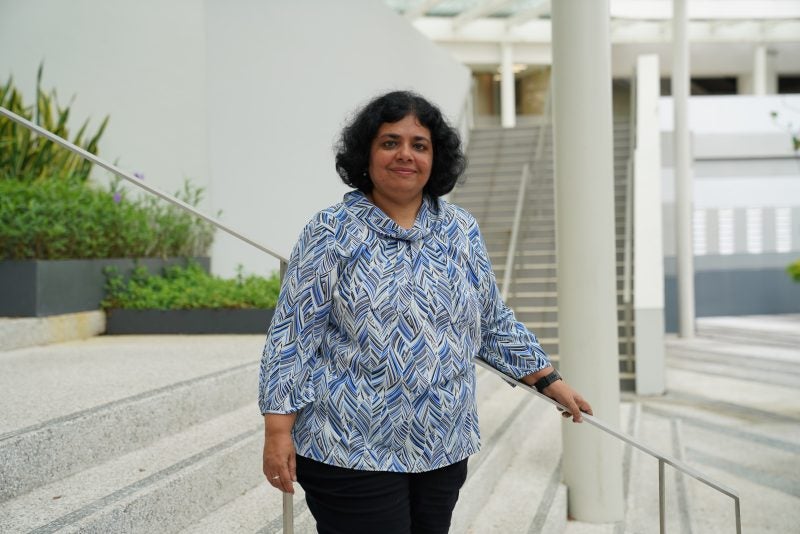
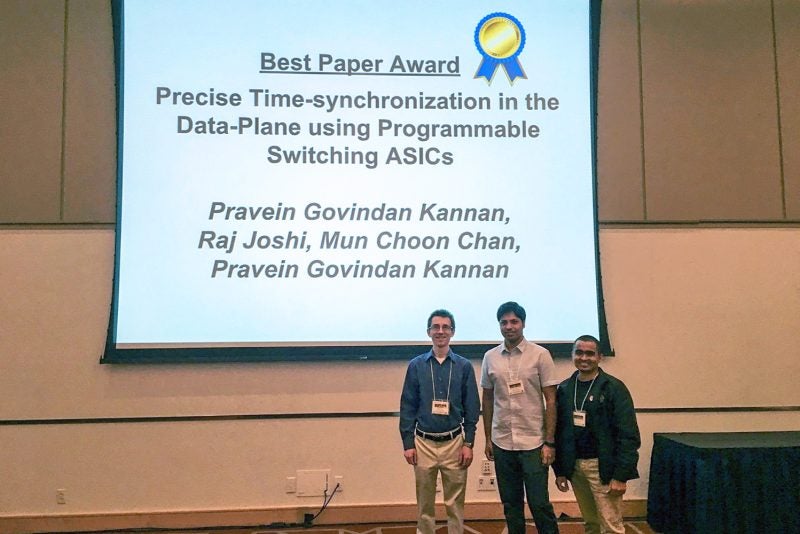


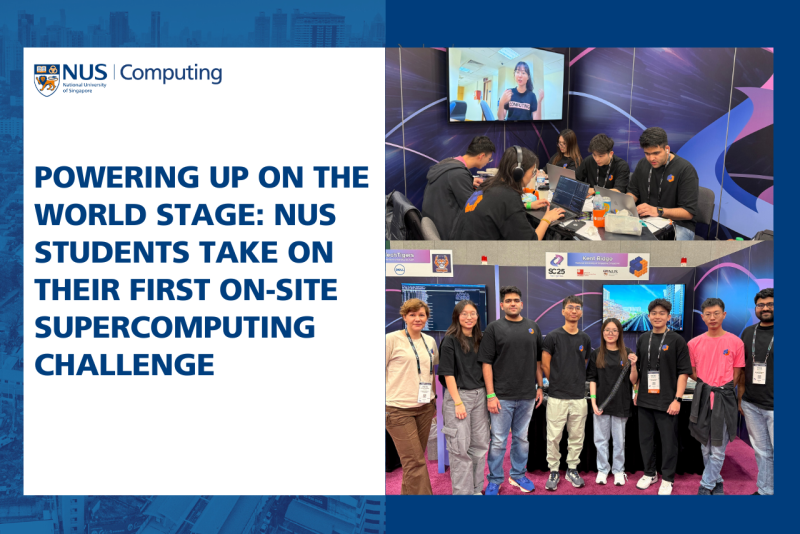
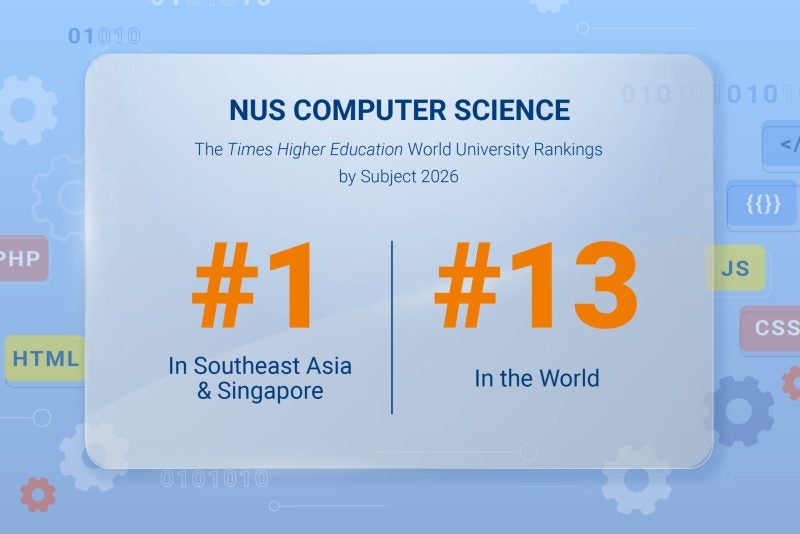
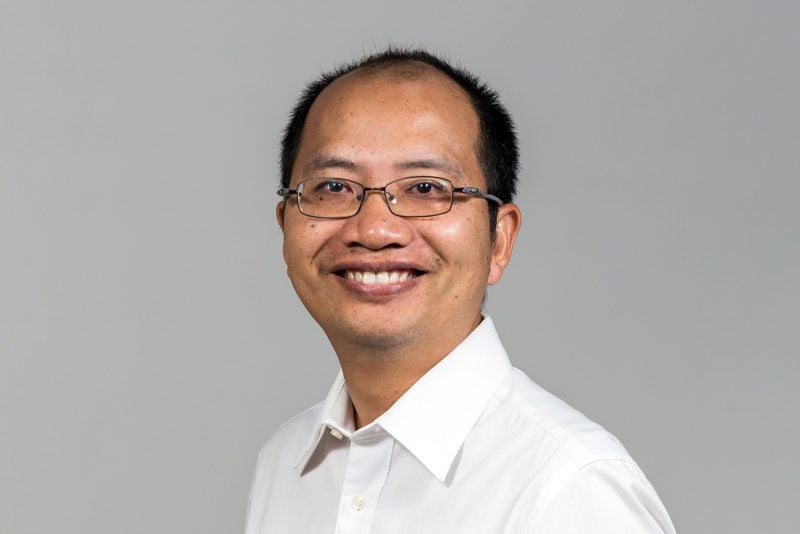
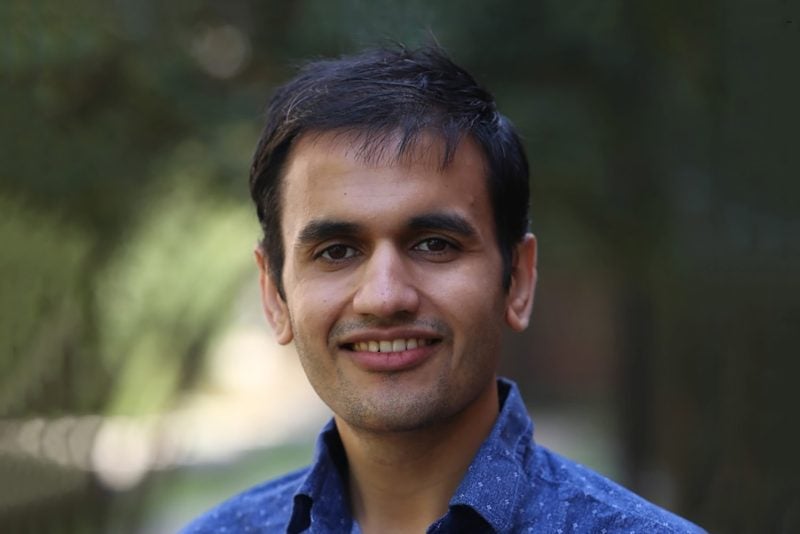
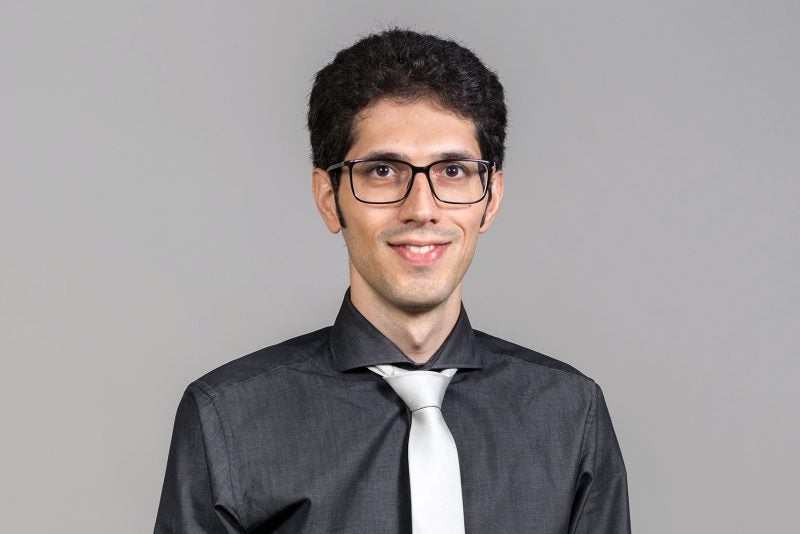
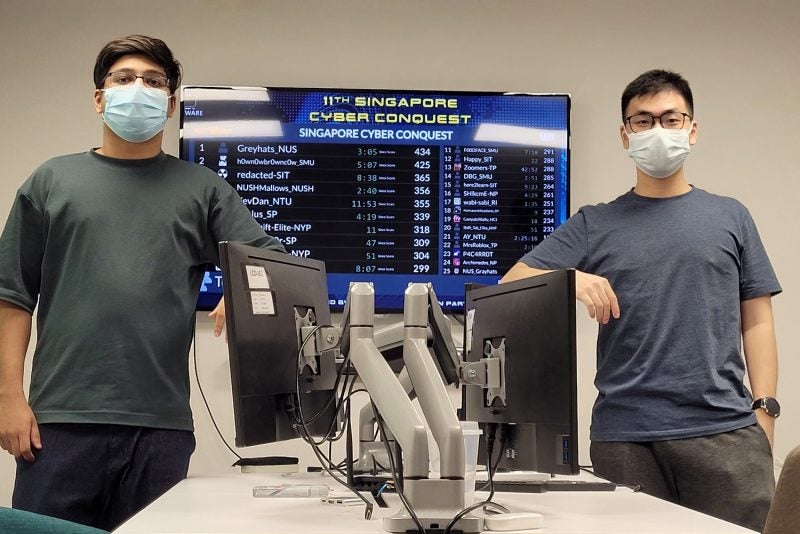

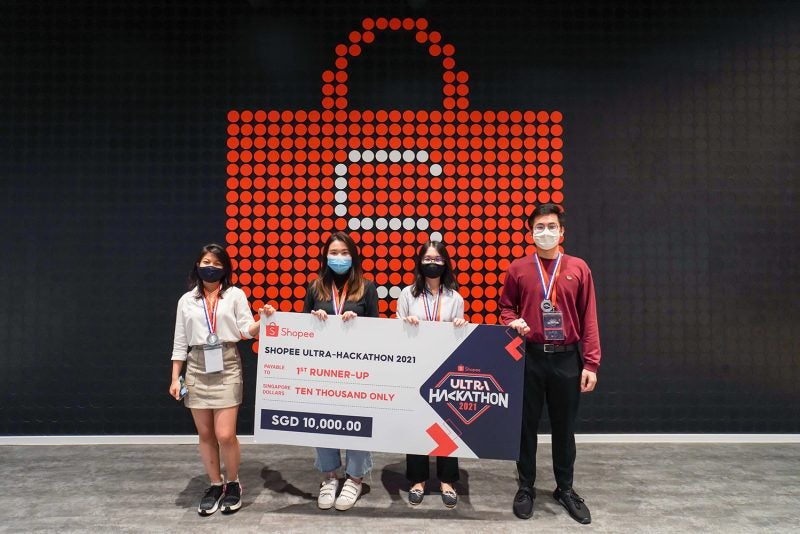
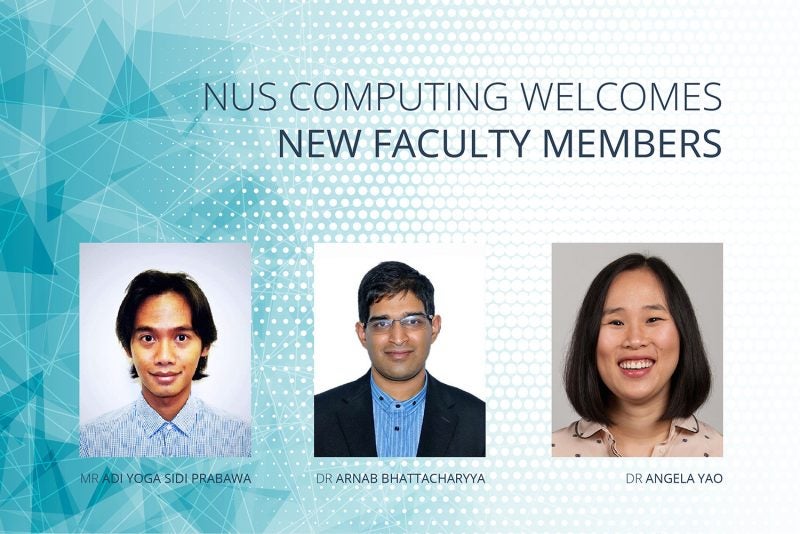
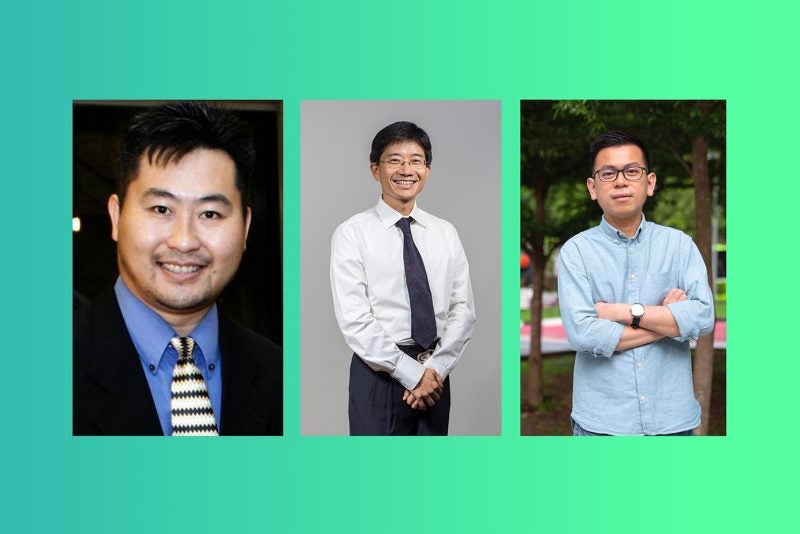
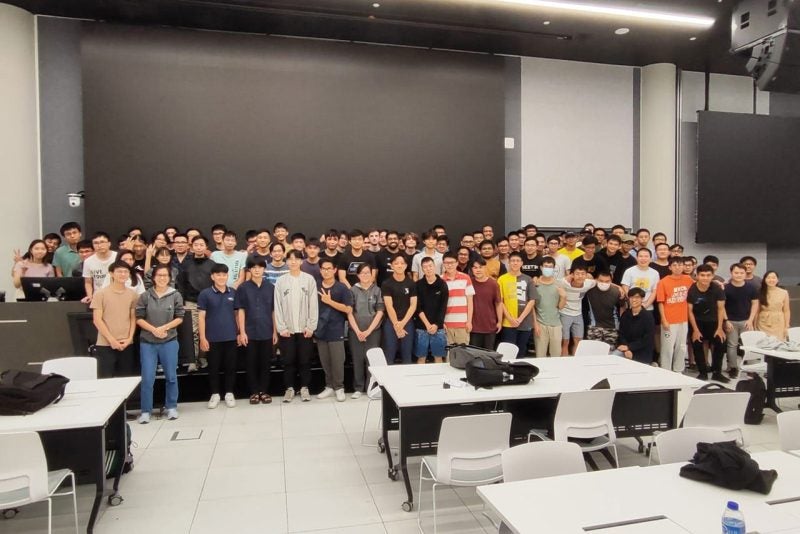
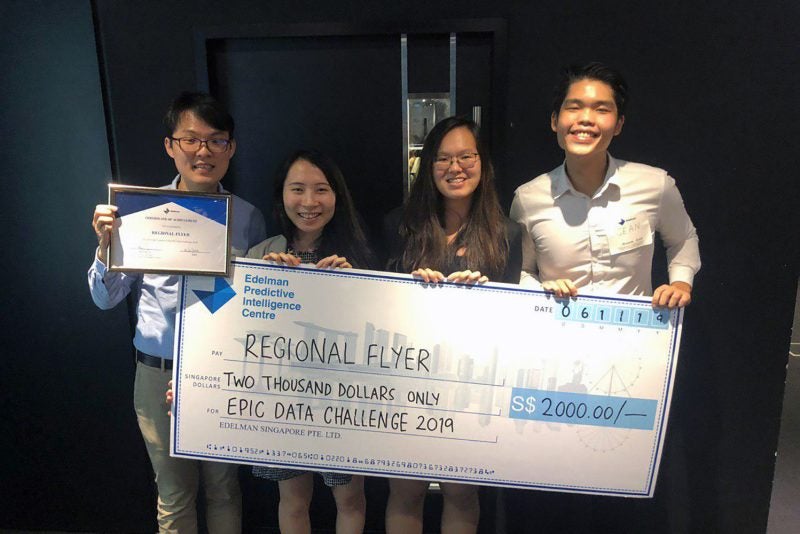

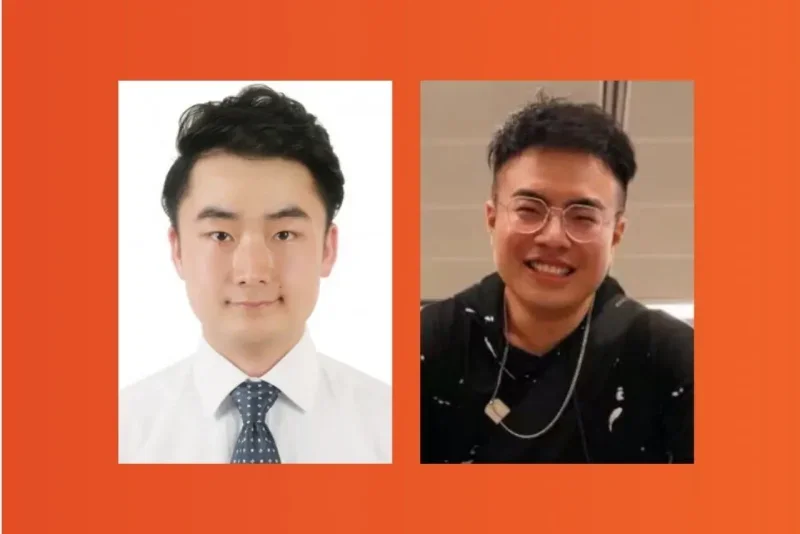
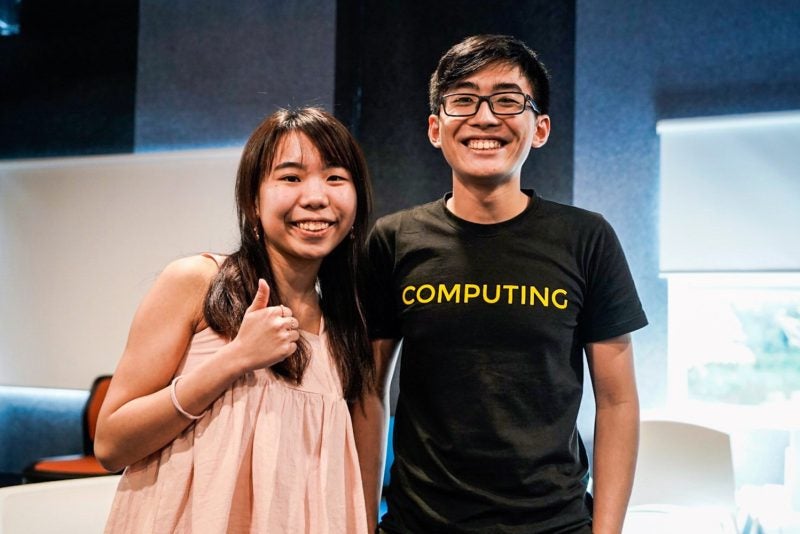
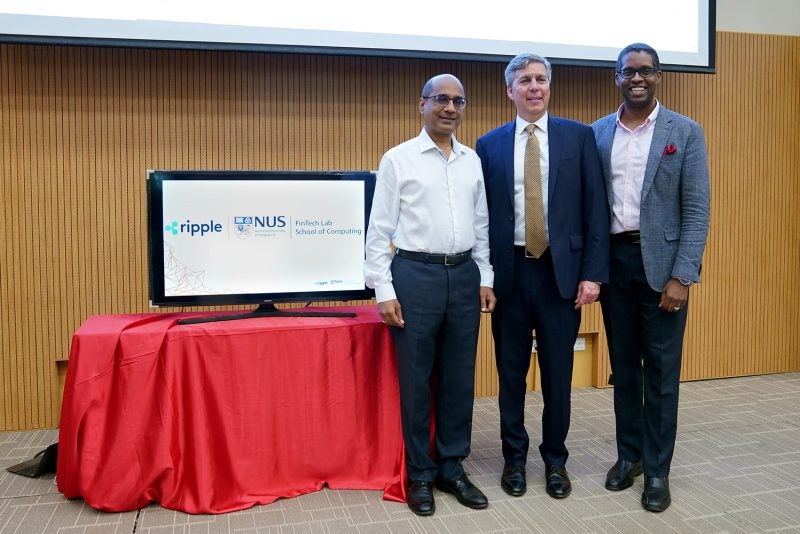
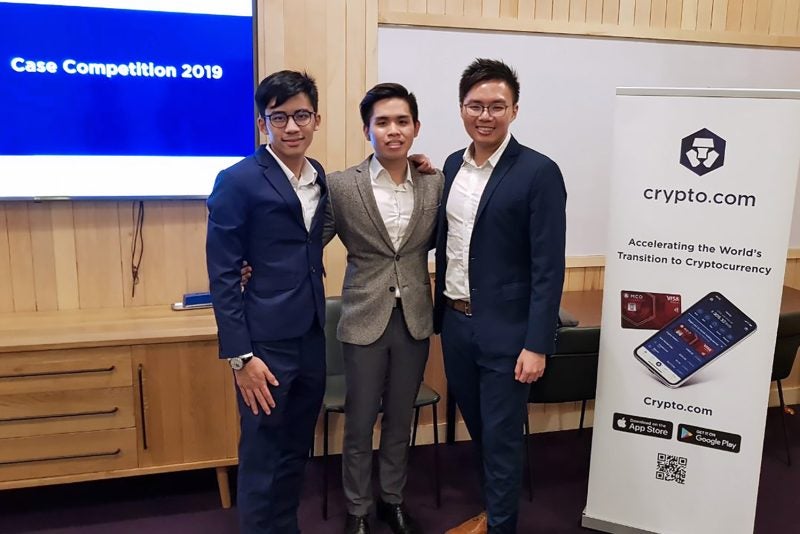
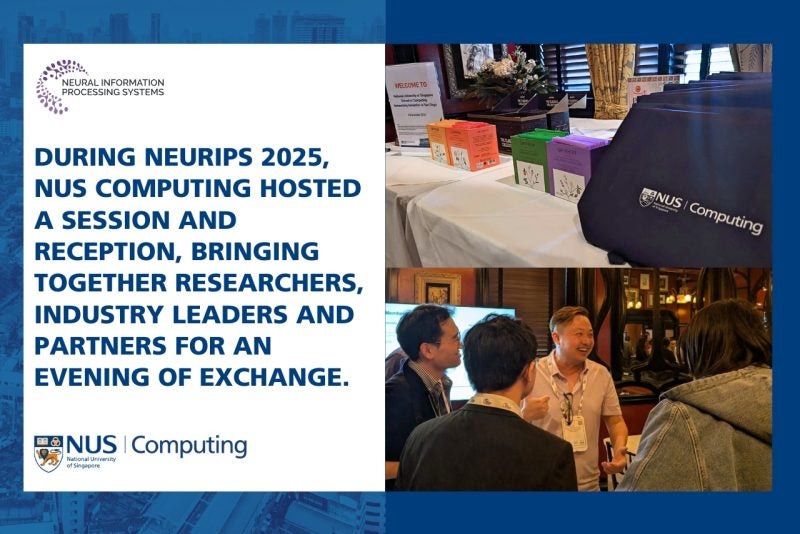
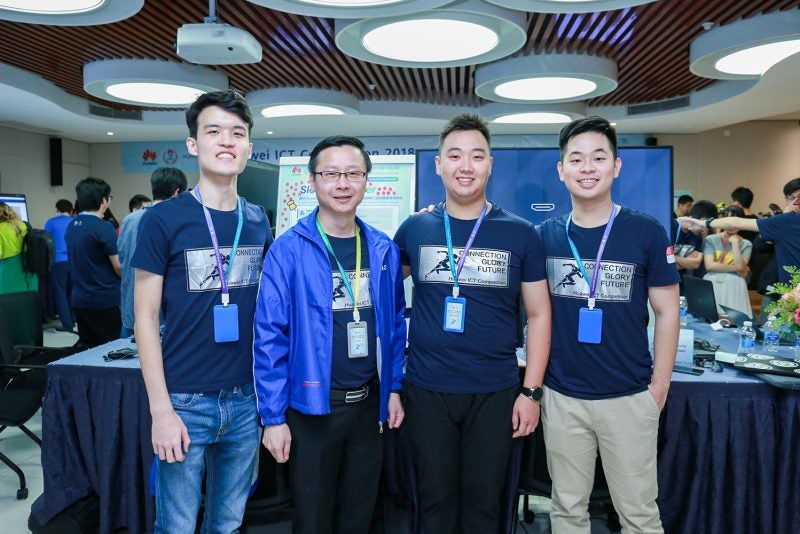
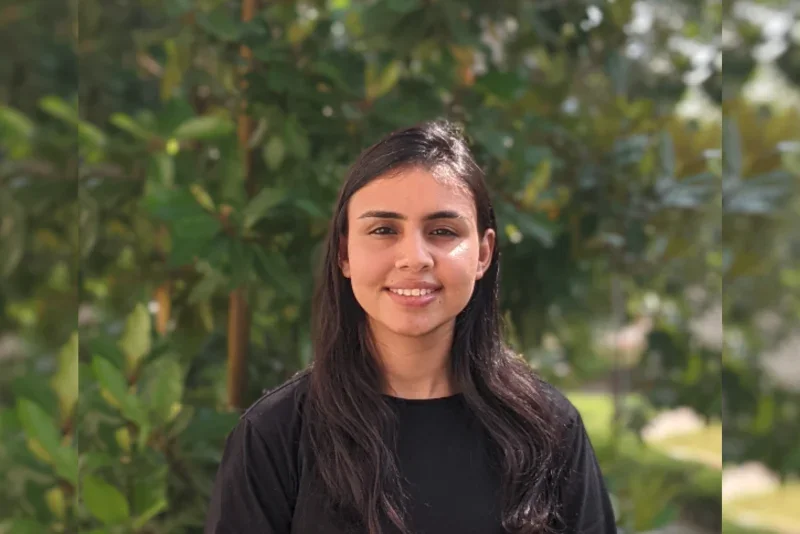
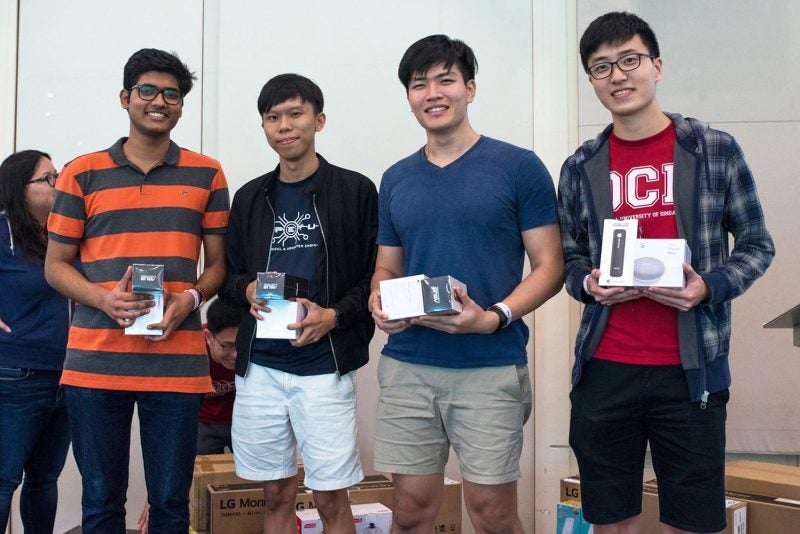
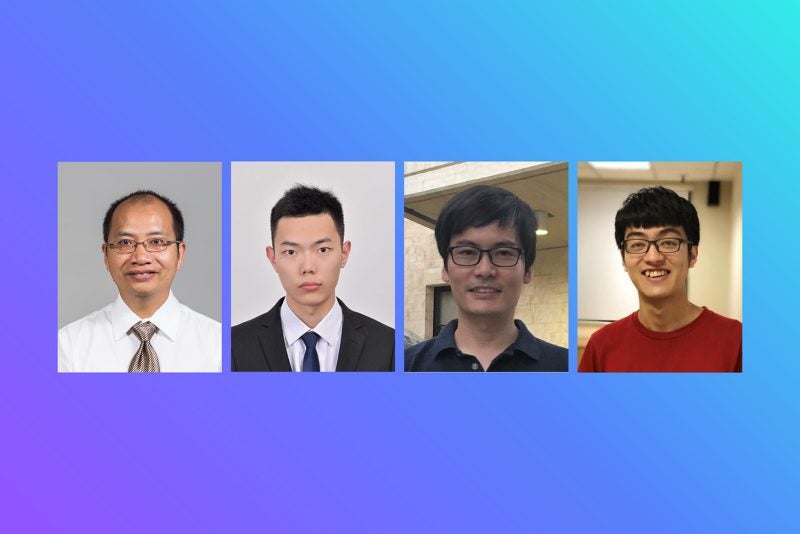
Assistant Professor Yair Zick: Ethics in Artificial Intelligence